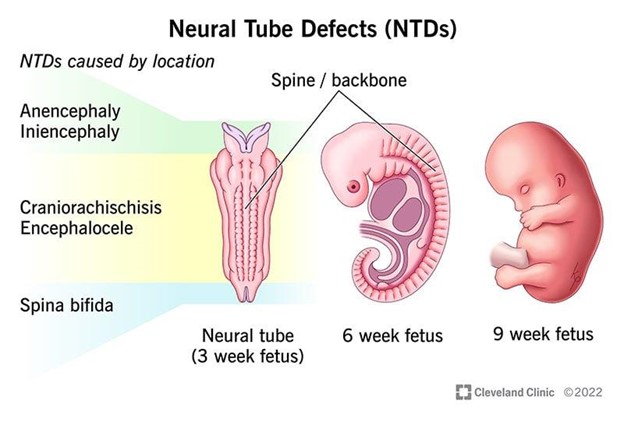A nurse is caring for a child who is experiencing a seizure. Which of the following actions should the nurse take?
Position the child laterally
Use a padded tongue blade.
Attempt to stop the seizure
Restrain the child's arms,
The Correct Answer is A
A. Position the child laterally
Explanation: When a child is experiencing a seizure, it's important to ensure their safety and prevent injury. Positioning the child laterally, also known as the recovery position, helps keep the airway clear and allows any fluids to drain from the mouth, reducing the risk of aspiration. It also helps prevent the child from choking on saliva or vomit.
The other options are not appropriate actions during a seizure:
B. Using a padded tongue blade is not recommended during a seizure. Placing objects in the mouth during a seizure can lead to injury, including damage to the teeth, jaw, or airway.
C. Attempting to stop the seizure is not within the nurse's control. Seizures are caused by abnormal electrical activity in the brain and should not be interrupted forcefully. Instead, the focus should be on ensuring the child's safety and managing the situation until the seizure stops on its own.
D. Restraining the child's arms is not advisable during a seizure. Restraining can cause harm and increase the risk of injury to the child or others involved. It's important to allow the seizure to run its course while protecting the child from harm.
Nursing Test Bank
Naxlex Comprehensive Predictor Exams
Related Questions
Correct Answer is A
Explanation
A. Spina bifida.
Explanation: Correct Choice. Spina bifida is a neural tube defect (NTD) that occurs during early fetal development when the neural tube doesn't close completely. It can result in various degrees of spinal cord and nerve damage. This is a suitable example to include when teaching about neural tube defects.
B. Hydrocephalus.
Explanation: Hydrocephalus is not a neural tube defect itself. It's a condition characterized by the accumulation of cerebrospinal fluid in the brain, leading to increased intracranial pressure. It can be caused by various factors, but it's not directly related to neural tube development.
C. Cerebral palsy.
Explanation: Cerebral palsy is a group of motor disorders caused by damage to the developing brain, usually before birth. It is not a neural tube defect. Instead, it's related to brain injury or abnormal development.
D. Muscular dystrophy.
Explanation: Muscular dystrophy is a group of genetic disorders characterized by progressive muscle weakness and degeneration. It's not related to neural tube defects. Muscular dystrophy affects muscle tissue, while neural tube defects involve improper development of the neural tube.

Correct Answer is B
Explanation
A) Low-protein, low-potassium diet:
While low-protein and low-potassium diets can be appropriate for certain kidney conditions, such as chronic kidney disease, they are not typically the primary focus in the acute phase of glomerulonephritis. Protein restriction might be considered if there is significant kidney damage, and potassium levels are elevated.
B) Low-sodium fluid-restricted diet:
This is the most appropriate option. In acute glomerulonephritis, the kidneys' ability to regulate sodium and fluid balance may be impaired due to inflammation and decreased glomerular filtration. Fluid retention and peripheral edema are common. A low-sodium diet helps reduce fluid retention and manage edema.
C) Low carbohydrate, low-protein diet:
Low-carbohydrate and low-protein diets are not the main dietary considerations for acute glomerulonephritis. The primary focus is on managing sodium and fluid intake due to impaired kidney function.
D) Regular diet, no added salt:
A regular diet without added salt might exacerbate the fluid retention and edema associated with acute glomerulonephritis. Sodium intake needs to be controlled to prevent further fluid buildup.
Whether you are a student looking to ace your exams or a practicing nurse seeking to enhance your expertise , our nursing education contents will empower you with the confidence and competence to make a difference in the lives of patients and become a respected leader in the healthcare field.
Visit Naxlex, invest in your future and unlock endless possibilities with our unparalleled nursing education contents today
Report Wrong Answer on the Current Question
Do you disagree with the answer? If yes, what is your expected answer? Explain.
Kindly be descriptive with the issue you are facing.
